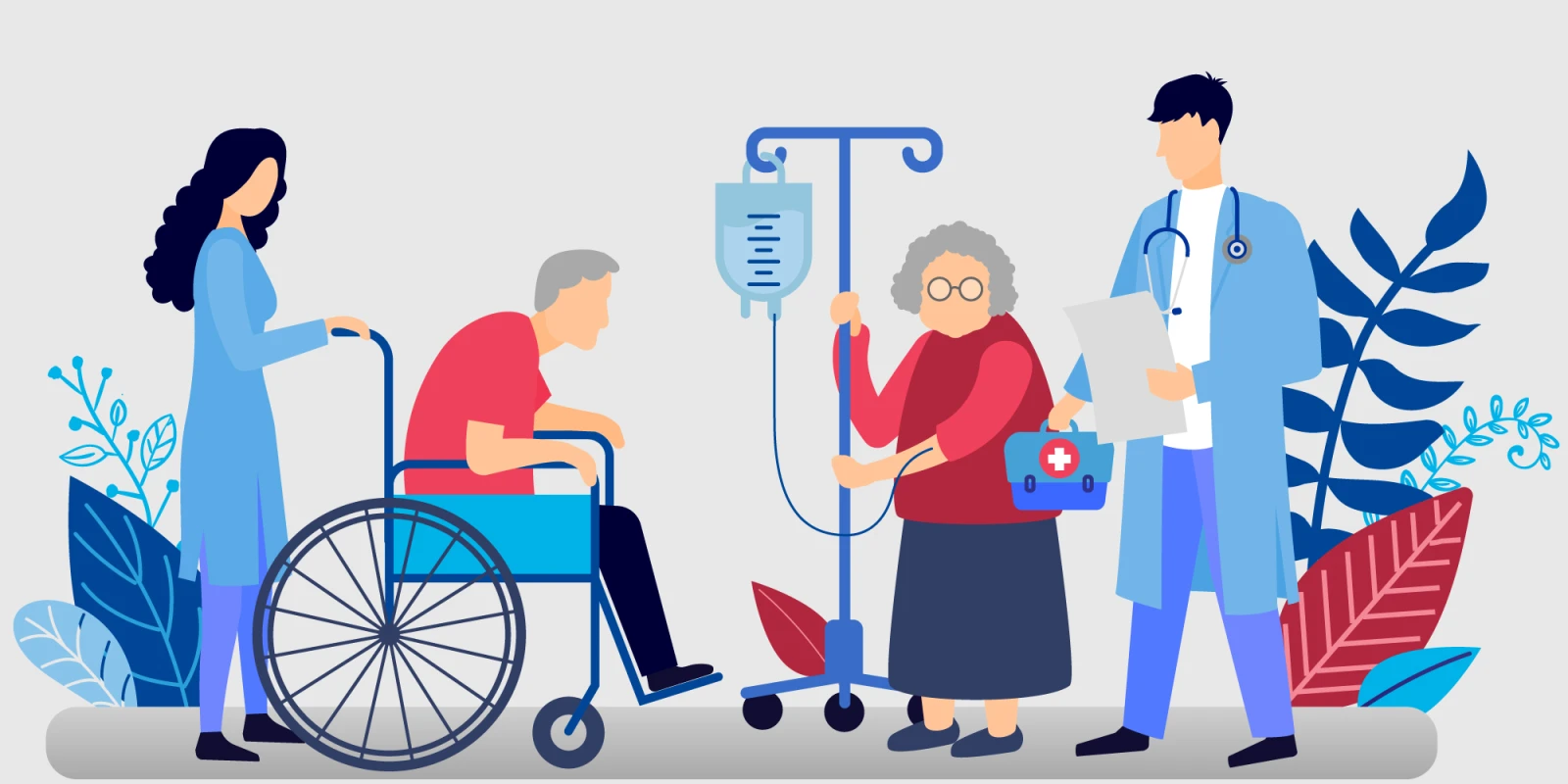 The American Geriatrics Society (AGS) 2019 Annual Scientific Meeting was bigger and better than ever. I believe there was an unprecedented attendance overall this year. I know that that is true at least for the attendees and presenters from my department at Mount Sinai. A week later, I'm still struck by the stellar quality and quantity of Geriatrics clinicians, researchers, educators, and learners who have just entered our field.
The American Geriatrics Society (AGS) 2019 Annual Scientific Meeting was bigger and better than ever. I believe there was an unprecedented attendance overall this year. I know that that is true at least for the attendees and presenters from my department at Mount Sinai. A week later, I'm still struck by the stellar quality and quantity of Geriatrics clinicians, researchers, educators, and learners who have just entered our field.
Much has been said of the growing population of older adults and the declining rates with which physicians are specializing in their care. While the numbers seem to be staggering against us, the AGS conference was a reminder that we should be optimistic rather than pessimistic when it comes to the changing demography. The caliber of physicians joining our field and preparing to take care of our older adults, our most vulnerable population, is the best I have ever known it to be.
Research and education-related presentations focused on the true need for the future of American health care: system-level change. Such change would ensure that the highest quality of Geriatrics care is the standard of care – not the exception – for all older adults and their caregivers. At the Resident’s Fair in Portland last week, for instance, our fellowship director Dr. Helen Fernandez had the opportunity to share Mount Sinai’s new fellowship training program with very interested prospective trainees.
Over the past year, the Brookdale Department of Geriatrics and Palliative Medicine at Mount Sinai has recognized the need for Geriatrics leaders to address system-level change. We have assessed the educational requirements to create them and launched our new fellowship track: LEAP into Geriatrics Leadership – Learn, Educate, Advocate and Promote. The goal for our LEAP Fellowship is to give graduates the core set of Geriatrics knowledge and leadership skills to lead hospitals, health systems, and quality improvement programs, as well as to assume leadership positions with payer organizations. It is our hope that LEAP will serve as a nationally scalable educational model similar to other innovative programs we have initiated, such as the Geriatrics and Palliative Medicine Integrated Fellowship Program.
As the chair of the Brookdale Department of Geriatrics and Palliative Medicine at Mount Sinai, I am beyond proud of our post-graduate fellows. Twelve of our fellows were invited to present their work during this year’s poster sessions. Quite a few had multiple abstracts accepted and one in particular, Dr. Erika Diaz Narvaez, had to bounce between three of her posters in one session. A collaboration between our fellows and faculty titled “Comparing Disposition and Bounce Backs Following Treatment for Pneumonia between Hospital at Home and Traditional Hospitalization," received this year’s Presidential Poster Award. This project was led by our fellows Drs. Carl-Philippe Rousseau and Fiorella Perez under the mentorship of Dr. Claire Davenport.
In addition to the superb poster sessions, there were three lecture presentations which I find myself frequently returning to in the weeks following the conference. The first discussed the new AGS National Online Curriculum, Aquifer Geriatrics, and how it can be incorporated into daily practice to teach learners, refresh skills, inform teachers, and so much more. During the session, Dr. Ravishankar Ramaswamy introduced himself as being “from Mount Sinai, the only place in the world without a shortage of Geriatricians.”
The second and third lectures which have been heavily on my mind were the plenaries on inequity. This included Thursday’s “Time's Way Up! Addressing Pay inequity and Discrimination for Women” and Friday’s “A Call to Action: Coming Together to Address Social Determinants of Health” lectures. Our field has come a long way, but we have a long way to go. We are a field built on caring for the most vulnerable populations and yet have too-often turned a blind-eye and ignored gender inequity within our workforce. As unprecedented women join the Geriatrics workforce, some of this will rectify itself, but that is not enough. Leaders in our field, including myself, must take proactive steps to knowledge discrepancies and balance the scales.
We also must continue to research and raise awareness around social determinants of health, such as poverty which perpetuates unequal health care outcomes and low life expectancy rates. It is my true wish that with our LEAP Fellowship, we will increase the number of health systems leaders who will tackle these issues head on.
Once again, I must stress how proud I am of our fellows here at Mount Sinai and of all faculty, fellows, and medical students who presented at the AGS Annual Meeting this year. I am truly inspired and because of each one of you, more hopeful for the future of health care and in particular, the future of Geriatrics care.
R. Sean Morrison, MD is the chair of the Brookdale Department of Geriatrics and Palliative Medicine at the Icahn School of Medicine at Mount Sinai.







